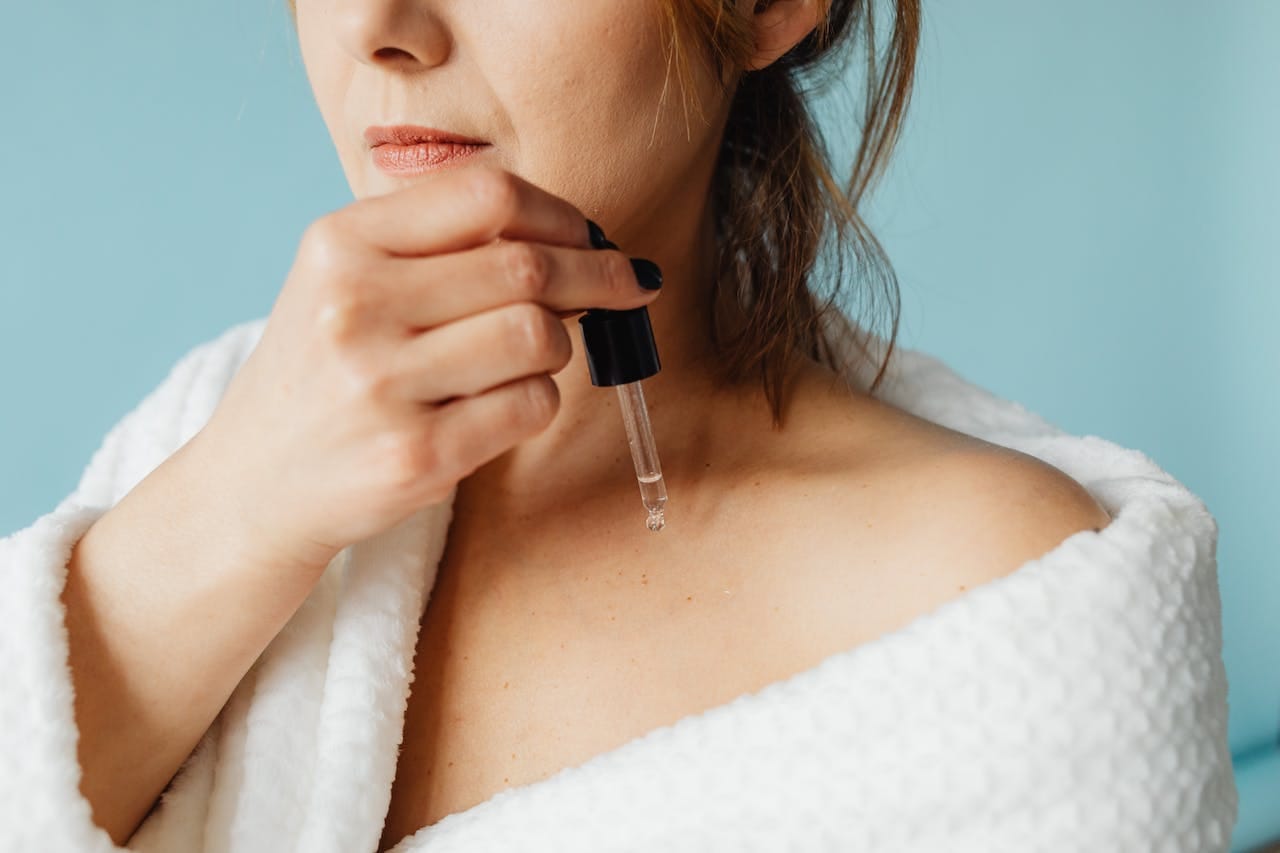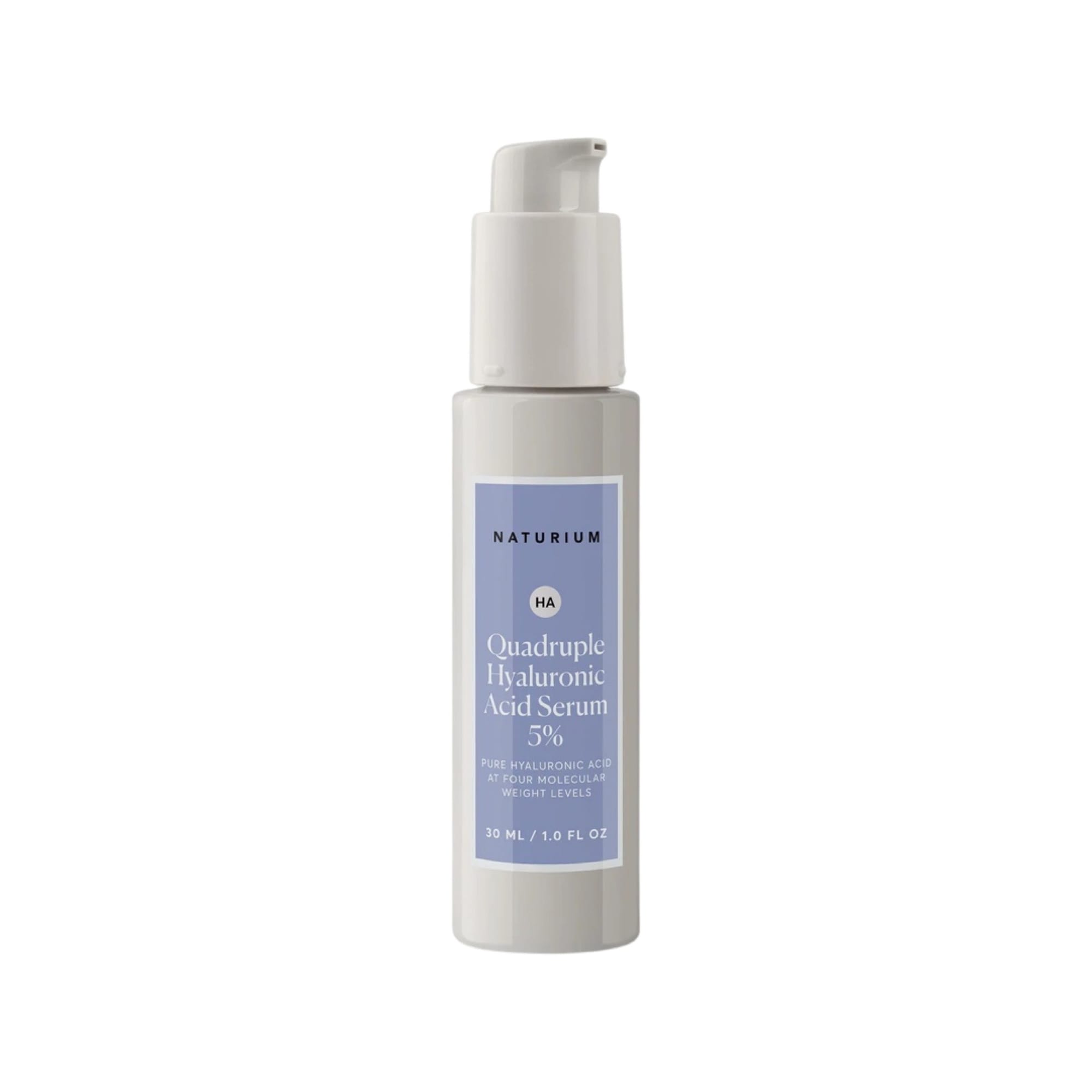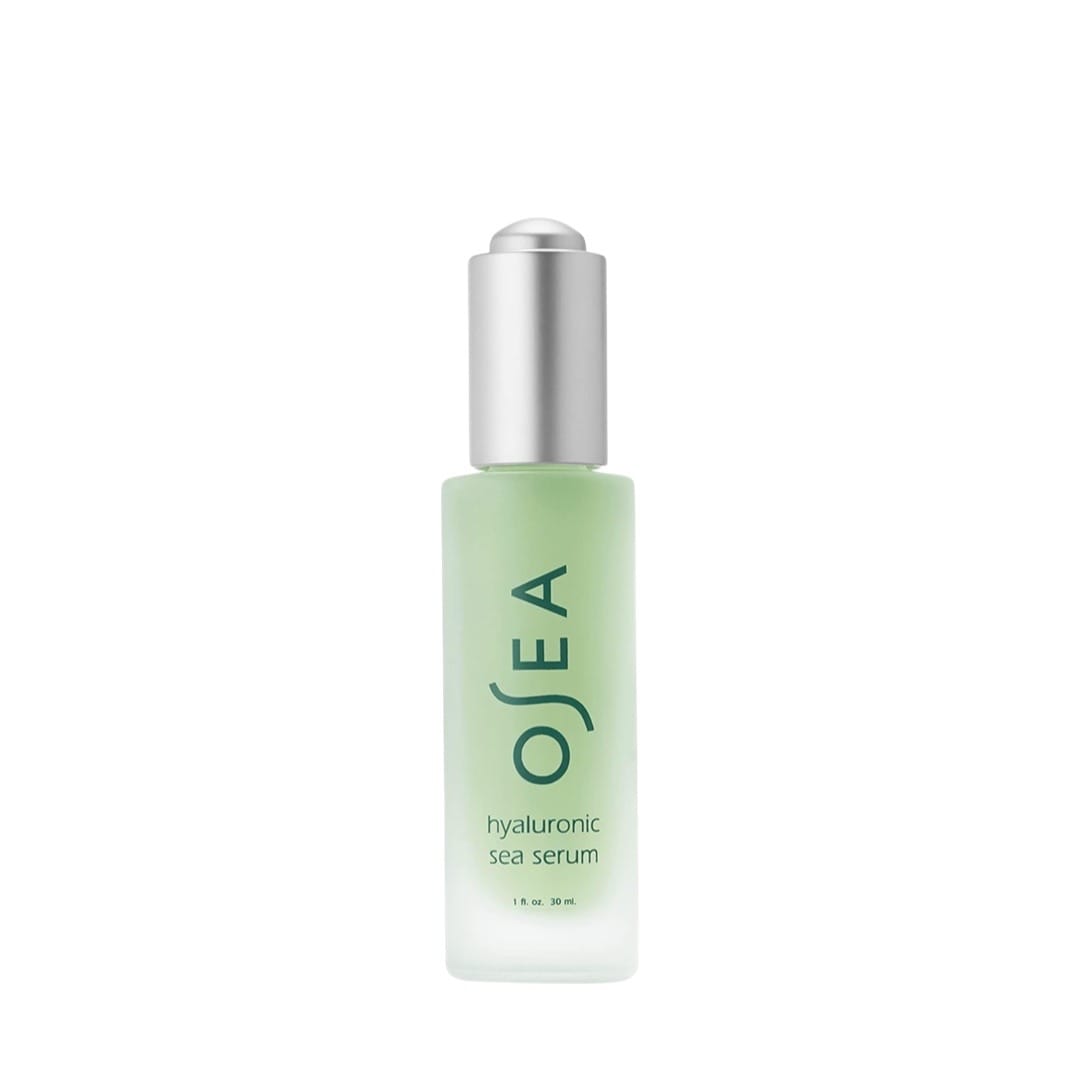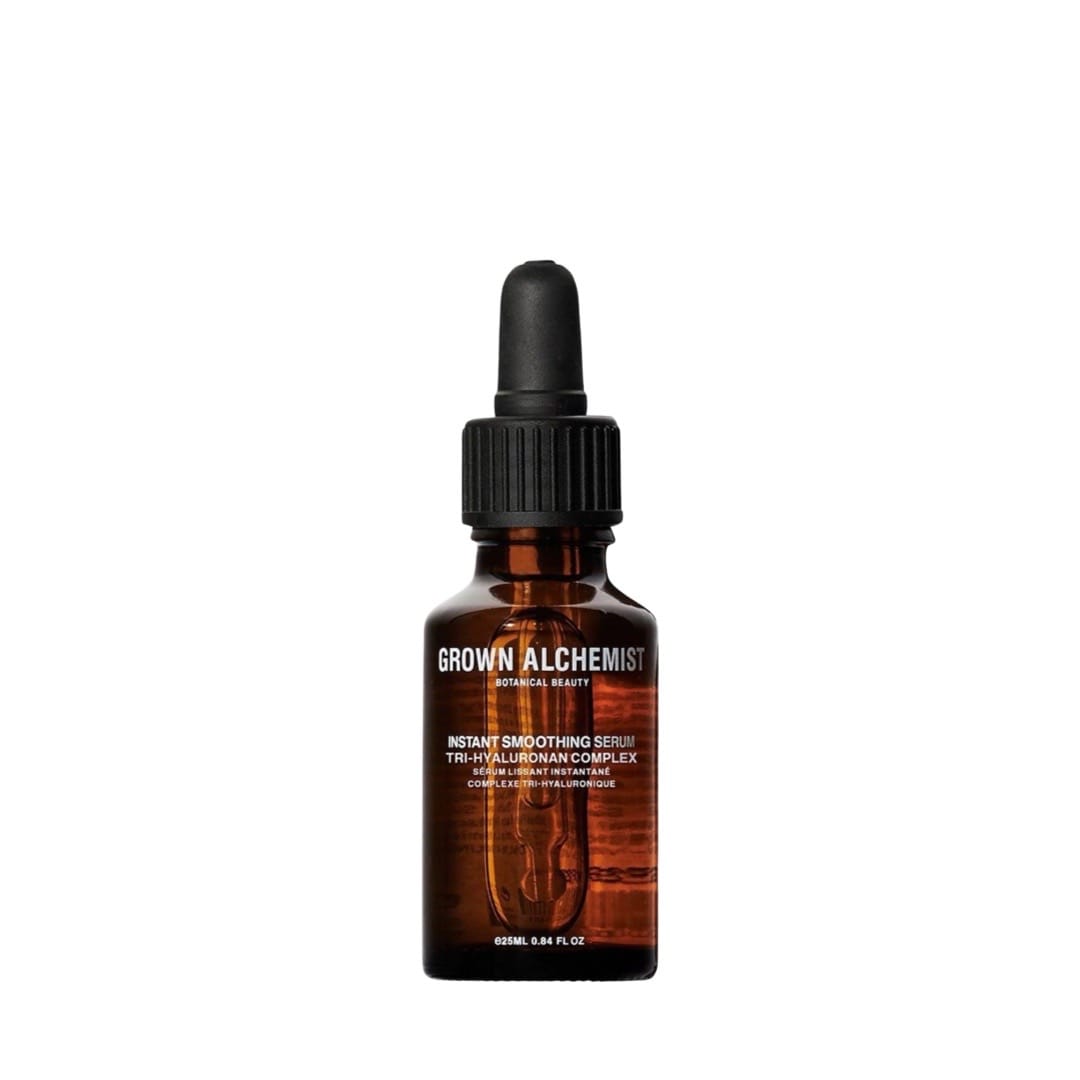Benefits, Uses & Best Products
Hyaluronic acid is a moisture champ. Apply it, take it, or get fillers – it’ll pump up your skin’s hydration. Check out its perks, how to use it, and the best picks.
5 min read

Did you know that hyaluronic acid (HA), a natural component of your skin, has a relatively short lifespan? In a typical cycle, about one-third of this substance breaks down and is replenished daily. This renewal process works efficiently until around the age of 25-30. That’s when HA starts to dip, and your skin might lose some of its moisture. But don’t stress! There are tons of HA products out there. Just a heads up, though – not all of them work the same way or get deep into your skin. So, it’s good to know a bit more than just what the brands are saying. Keep reading to discover tips on how to pick the right HA products and use it to keep your skin looking fresh and glowy.
What is Hyaluronic Acid?
Hyaluronic acid, or HA for short, is a naturally occurring sugar molecule in our bodies. Its highest concentration is found in the skin, especially in the dermis, thanks to those mesenchymal cells doing their job. Despite its name, “acid,” hyaluronic acid doesn’t function as an exfoliant; instead, it’s more like a moisture magnet, soaking up water like a sponge from its surroundings. Additionally, hyaluronic acid serves as a tissue regenerator and anti-inflammatory agent. In case of injury, it’s like your body’s superhero, attracting immune cells to make sure things heal up nicely.

Hyaluronic Acid Skin Benefits
Keeps Skin Moisturized
Did you know that a single hyaluronic acid (HA) molecule can hold up to 1,000 times its weight in water? This means it pulls in moisture from the air around you, keeping your skin hydrated. A study published in the Journal of Drugs in Dermatology even backs this up, showing that using hyaluronic acid on your skin boosts its moisture levels. For the best effects, use it where the air is a bit humid, so it can grab more water molecules.
Strengthens Skin Barrier
As we age, our skin gets thinner because the top layer of skin cells slows down. Research has shown that HA helps boost the production of keratinocytes, the cells in the top layer of skin, leading to increased skin thickness.
Makes Fine Lines Less Noticeable
While hyaluronic acid can’t get rid of wrinkles completely, it does a great job at hydration. This extra moisture plumps up your skin, making those little lines and wrinkles less obvious. This is especially good news if you have very dry skin, which often shows more lines, particularly around the eyes and lips.
Reduces Inflammation
Hyaluronic acid (HA) plays a vital role in skin healing. When you’re injured, HA jumps into action, signaling the body to create more blood vessels and send immune cells to the wound. Interestingly, the anti-inflammatory effects of HA vary with its size. High molecular weight HA works to reduce inflammation, while low molecular weight HA can actually increase it.
Boosts Effectiveness of Other Ingredients
HA helps other ingredients penetrate deeper into the skin. This is crucial to know, especially if you’re using products that could irritate your skin, like retinoids or AHAs. Apply these before your HA product. If you put HA on first, it might help the other products absorb more, potentially leading to irritation.
How to Effectively Use It For Skin?
Topical Form of HA
Hyaluronic acid in skincare products usually comes from rooster combs or is made by bacteria in a lab. High molecular weight HA, even when lab-made, is great at holding onto water just like the natural kind. But when you apply it to your skin, it doesn’t go deep down. It stays on the surface, hydrating only the top layer. Smaller polymers, though they hold less water, can get deeper into your skin, reaching the epidermis (the outer layer).
????
The trick to getting your skin really hydrated is to slap on your HA skincare when your skin is a bit damp. Go for a multi-weight HA product that have HA in different sizes.
Oral Supplements with HA
Thinking about taking hyaluronic acid pills? They might not be your best bet because your stomach just ends up digesting them. A smarter move? Talk to your dermatologist about glucosamine supplements. They’re like a little cheerleader for your skin, encouraging it to make its own hyaluronic acid.
Dermal Fillers
Hyaluronic acid isn’t just for creams and serums. You can get it injected as a dermal filler to plump up your skin. This stuff goes deeper than topical applications, hydrating and filling out those areas where volume’s gone missing. Sounds awesome, but it’s not all smooth sailing. There are things to think about like the potential discomfort, bruising, infection risks, and the formation of lumps. Oh, and the cost – it was averaging about $652 per injection in 2019. Plus, be realistic with what you expect from it – it’s great, but it’s not going to turn back the clock completely.
Best Product Picks With HA

I’m a fan of this product for its budget-friendly price, pure ingredients, and excellent compatibility with my skin. It’s vegan, cruelty-free, and free from harmful toxins. Plus, it’s packed with hyaluronic acid in four different molecular weights, which is exactly what I was searching for.

This quick-to-absorb serum acts like a moisture magnet for your skin. It’s packed with three different molecular weights of hyaluronic acid that team up to lock in moisture, nourish the skin, and give a noticeable lift. Plus, it’s vegan, cruelty-free, and won’t clog your pores.

If your skin feels dry or tight from too much heating or air-conditioning, this product is here to help. The Grown Alchemist serum offers a two-pronged approach. The low-weight hyaluronic acid (HA) dives deep to hydrate beneath the skin’s surface, while the high-weight HA molecules give a burst of intense moisture to the top layers. Plus, it’s free from toxins and cruelty-free.
Can Hyaluronic Acid Make My Skin Dry?
In general, this ingredient is hypoallergenic and non-irritating. It doesn’t trigger acne or rosacea and suits all skin types. But, there’s a slight chance it might not work perfectly for everyone. People with dry skin might find their skin getting drier after using hyaluronic acid, especially in dry environments. This is because, instead of pulling moisture from the air, the HA can end up drawing water from the deeper skin layers, leaving it drier. If you’re in a dry place like a desert, it’s a good idea to use hyaluronic acid on damp skin and then seal it in with a product that has occlusive ingredients like petrolatum, silicones, oils, or even polyglutamic acid. If your skin is on the oily side, you’re less likely to have this problem since your natural sebum helps lock in moisture.
Let’s Sum It Up
- Hyaluronic acid rocks at hydrating your skin, healing wounds, strengthening the skin’s barrier, and boosting the effectiveness of other skincare products.
- The big HA molecules help reduce inflammation.
- Use HA when there’s moisture in the air. It grabs water from around you to hydrate your skin, rather than pulling it from deeper layers.
- Choose products with HA in various sizes for that awesome, glowing skin look. Different molecular weights mean more thorough hydration.

